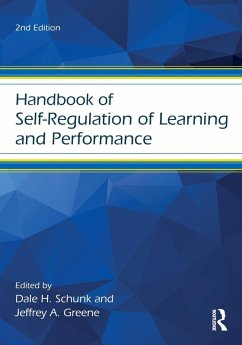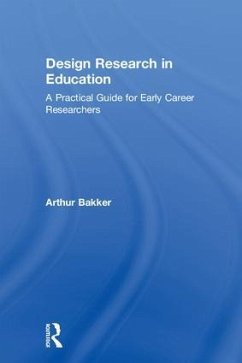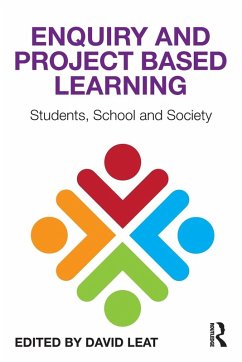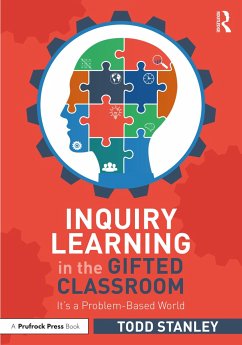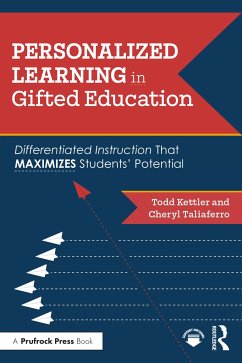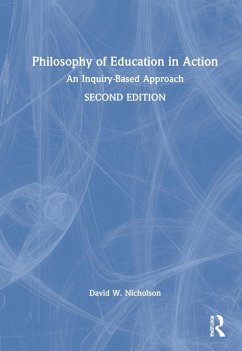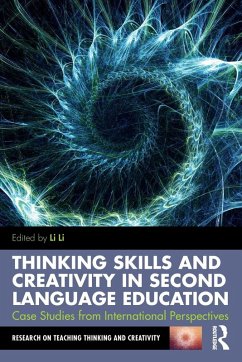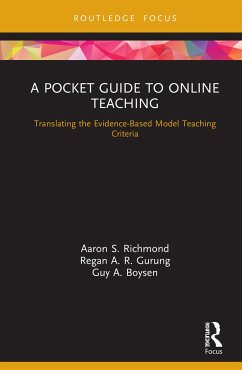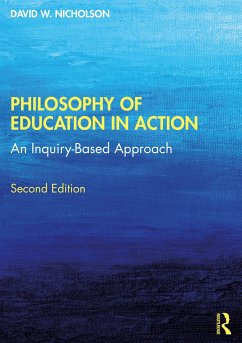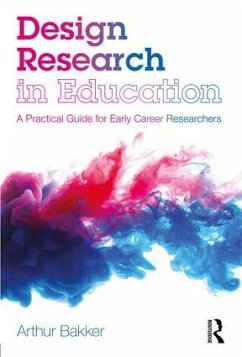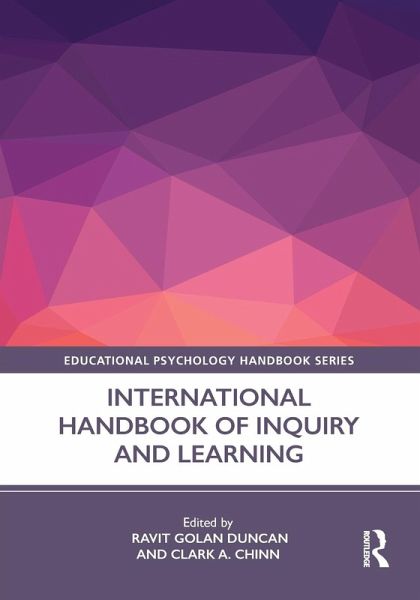
International Handbook of Inquiry and Learning
Versandkostenfrei!
Versandfertig in 6-10 Tagen
117,99 €
inkl. MwSt.

PAYBACK Punkte
59 °P sammeln!
International Handbook of Inquiry and Learning is an overview of scholarship related to learning through and engagement in inquiry. Education takes on complex dimensions when learners solve problems, draw conclusions, and create meaning not through memorization or recall but instead through active cognitive, affective, and experiential processes. Drawing from educational psychology and the learning sciences while encompassing key subdisciplines, this rigorous, globally attentive collection offers new insights into what makes learning through inquiry both possible in context and beneficial to o...
International Handbook of Inquiry and Learning is an overview of scholarship related to learning through and engagement in inquiry. Education takes on complex dimensions when learners solve problems, draw conclusions, and create meaning not through memorization or recall but instead through active cognitive, affective, and experiential processes. Drawing from educational psychology and the learning sciences while encompassing key subdisciplines, this rigorous, globally attentive collection offers new insights into what makes learning through inquiry both possible in context and beneficial to outcomes. Supported by foundational theories, key definitions, and empirical evidence, the book's special focus on effective environments and motivational goals, equity and epistemic agency among learners, and support of teachers sets powerful, multifaceted new research directions in this rich area of study.





